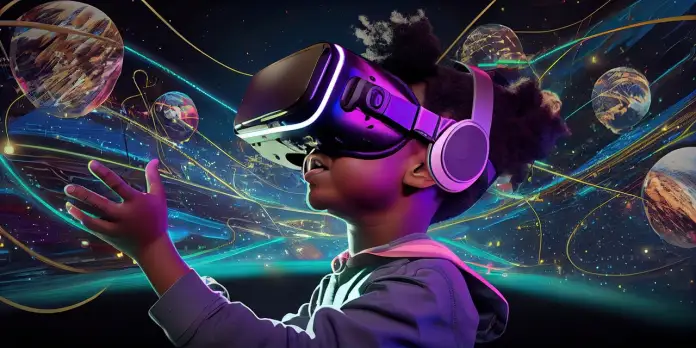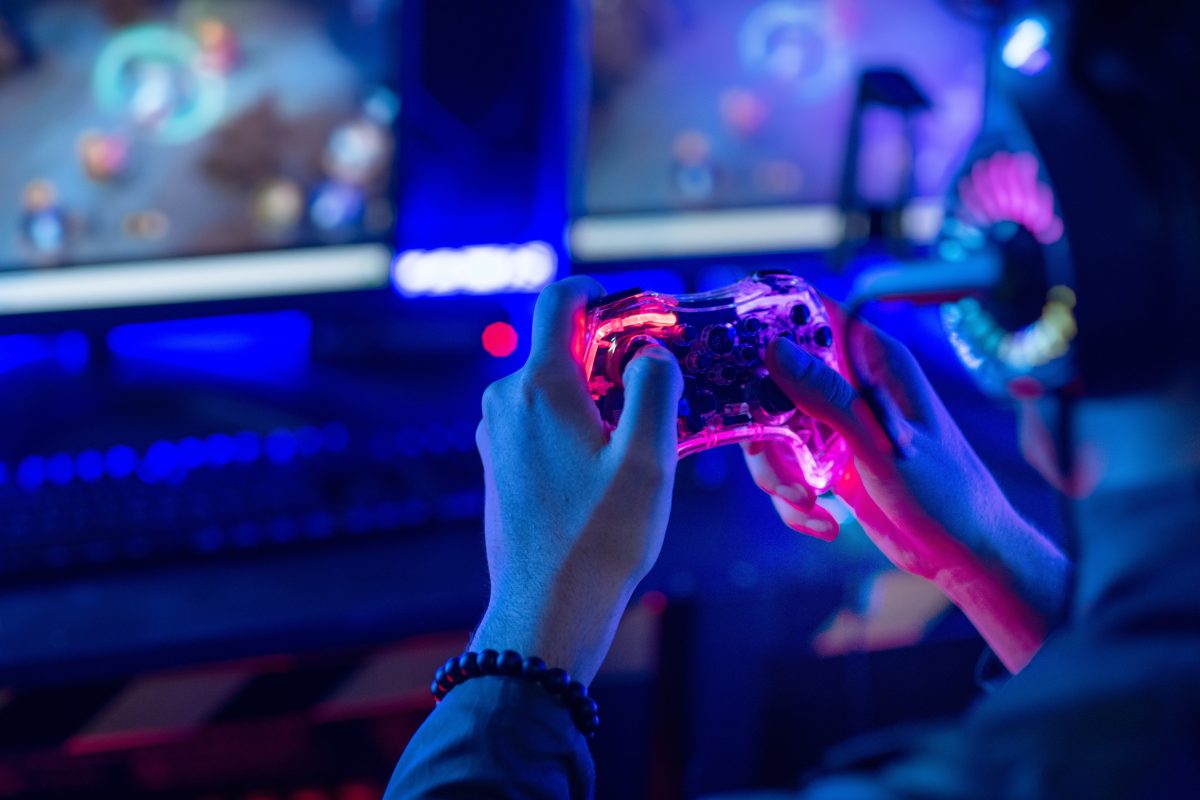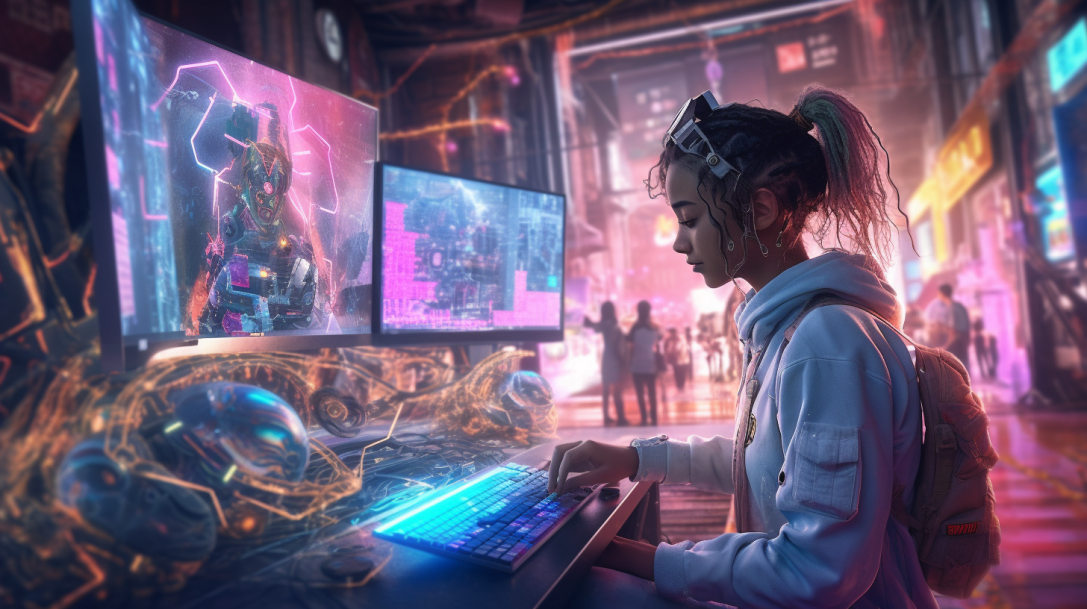Artificial Intelligence (AI) is revolutionizing the gaming industry, creating smarter, more immersive, and dynamic experiences for players worldwide. Understanding how to effectively use AI in gaming can unlock new possibilities for game design, storytelling, and player engagement.
How Can AI Be Used in Gaming?
AI in gaming refers to using intelligent algorithms and machine learning models to control in-game characters, personalize experiences, and adapt gameplay in real-time. From game development to user experience, AI enhances the depth, complexity, and realism of modern games.
Key Ways to Use AI in Gaming
Smarter Non-Playable Characters (NPCs)
AI enables the creation of NPCs that can learn, adapt, and respond to player actions in a more realistic way. Instead of following predictable patterns, AI-driven NPCs can make strategic decisions, show emotions, and create more lifelike interactions.
Procedural Content Generation
AI can automatically generate levels, maps, storylines, and environments, making each playthrough unique. Procedural generation helps developers build expansive, endlessly explorable worlds without manually designing every detail.
Personalized Gaming Experiences
AI can analyze player behavior to adjust difficulty levels, recommend in-game items, or tailor storylines based on individual choices. This personalization keeps players engaged and makes gaming feel more interactive and meaningful.
Enhanced Game Testing
AI is used to test games by simulating thousands of gameplay scenarios quickly. It can identify bugs, balance issues, and optimization needs, significantly speeding up the quality assurance process.
Realistic Graphics and Animation
AI assists in creating lifelike character animations, facial expressions, and environments. Deep learning models can generate realistic textures, lighting, and physics, improving the overall visual experience.
Dynamic Storytelling
AI can influence the narrative in real-time based on player decisions. Instead of linear plots, AI-driven games can offer branching storylines, where the game adapts and evolves with every choice the player makes.
Voice and Chatbots
AI-powered voice assistants and chatbots are used to create more natural conversations with in-game characters, enhancing immersion. Voice recognition allows players to interact with games using natural language commands.
Considerations When Using AI in Gaming
While AI offers exciting advancements, it’s important to apply it responsibly:
- Avoid Over-Personalization: Too much adaptation can make games feel predictable or too easy for players.
- Balance Realism with Fun: Highly realistic AI should still prioritize player enjoyment and not create overly complex or frustrating scenarios.
- Ensure Fair Play: AI algorithms should be carefully designed to prevent unfair advantages, especially in competitive games.
Conclusion
AI is transforming the gaming industry by enabling smarter characters, dynamic worlds, and personalized experiences. It pushes the boundaries of what games can achieve, offering deeper, more immersive gameplay. However, balancing innovation with thoughtful design is essential to ensure AI continues to enhance—not dominate—the gaming experience.







Leave feedback about this